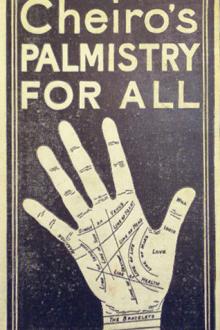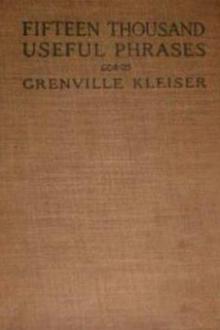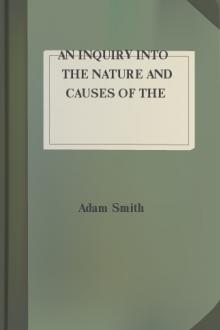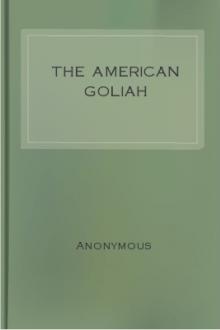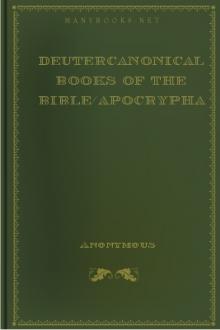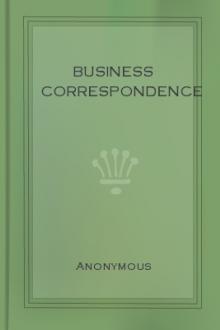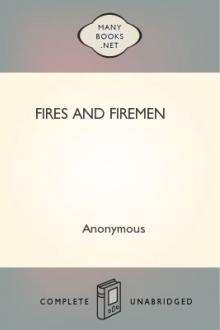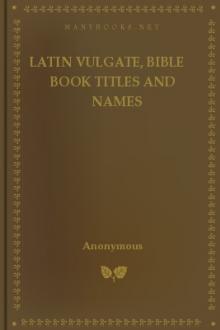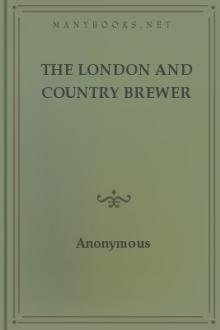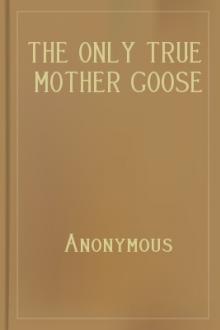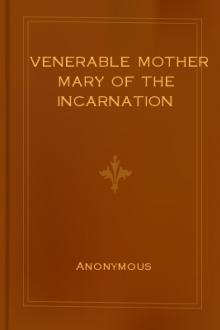A System of Instruction in the Practical Use of the Blowpipe
A System of Instruction in the Practical Use of the Blowpipe
Being a Graduated Course of Analysis for the Use of Students and All Those Engaged in the Examination of Metallic Combinations
Book Excerpt
is termed the oxidizing flame, while the illuminating portion, by its tendency to abstract oxygen for the purpose of complete combustion, easily reduces oxidated substances brought into it, and it is, therefore, called the flame of reduction. In the oxidizing flame, on the contrary, all the carbon which exists in the interior of the flame is oxidized into carbonic acid (CO^{2}) and carbonic oxide (CO), while the blue color of the cone of the flame is caused by the complete combustion of the carbonic oxide. These two portions of the flame--the oxidizing and the reducing--are the principal agents of blowpipe analysis.
If we introduce a fine current of air into a flame, we notice the following: The air strikes first the dark nucleus, and forcing the gases beyond it, mixes with them, by which oxygen is mingled freely with them. This effects the complete combustion of the gases at a certain distance from the point of the blowpipe. At this place the flame has the highest temperature, forming there the point
FREE EBOOKS AND DEALS
(view all)Popular books in Non-fiction, Instructional
Readers reviews
0.0
LoginSign up
Be the first to review this book
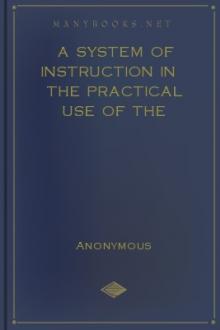
 Free Download
Free Download











